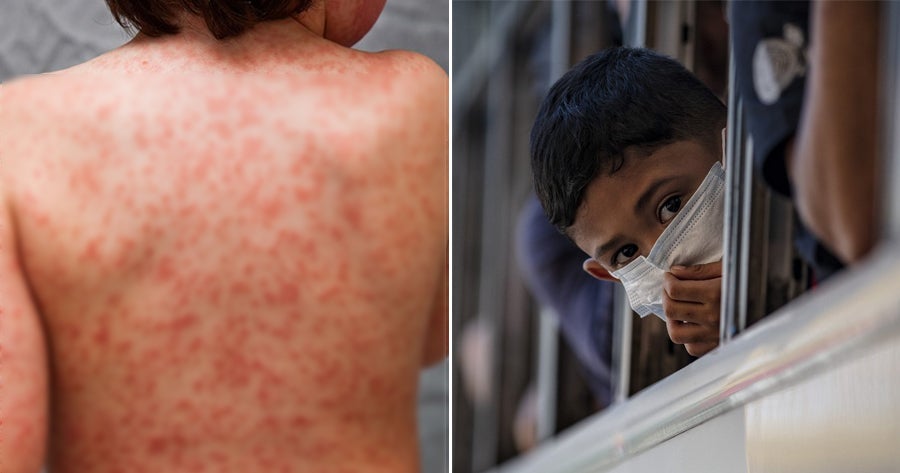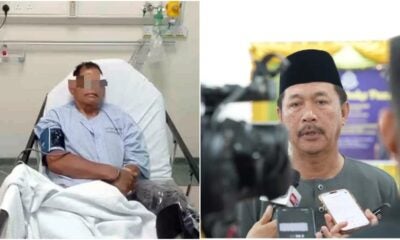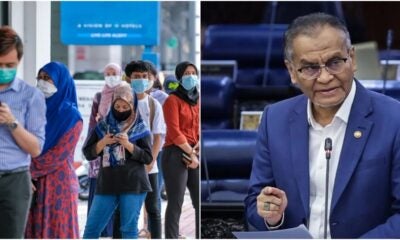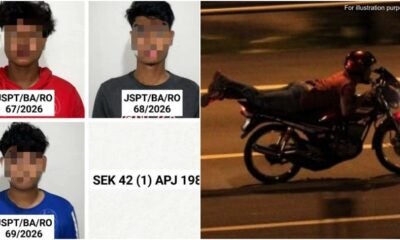In a Facebook post, health director-general Datuk Dr Noor Hisham Abdullah shared a video from the World Health Organisation about children in the UK and the US suffering from a rare inflammatory disease which could be associated with Covid-19.
WHO director-general Dr Tedros Adhanom Ghebreyesu said these children are being admitted to intensive care units after showing symptoms of Kawasaki disease and toxic shock syndrome.
Kawasaki disease is an illness that causes swelling and redness in blood vessels throughout the body and includes symptoms like red eyes, a pink rash on the back, belly, arms, legs, and genital area, red, dry and cracked lips and a “strawberry” tongue (white coating with red bumps on the tongue), which most often affects kids younger than five years old.

“It is critical to urgently and carefully characterise this clinical syndrome to understand causality and to describe treatment interventions,” Dr Tedros said.
“I call on all clinicians worldwide to to work with your national authorities and WHO to be on the alerts and better understand this syndrome in children.”
In the same video, Covid-19 technical lead WHO Health Emergency Program, Dr Maria Van Kerkhove said it was a rare condition that’s causing an inflammatory disease in young children.
“We’re getting a description of what this looks like which is not always the same and in some children, they tested positive for Covid-19 but other children have not,” she said.
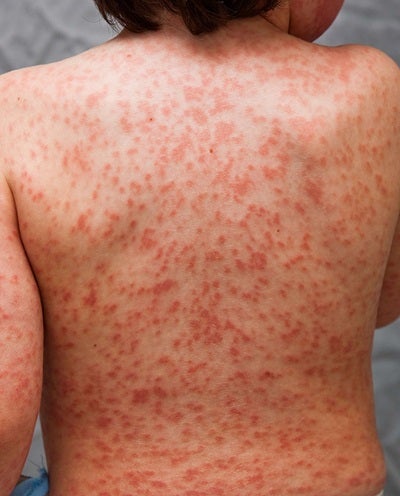
Meanwhile, executive director, Dr Michael Ryan, said that it most likely represents a rare syndrome that may be associated with Covid-19 that they can observe with so many cases around the world.
In April, NHS doctors were told to look out for a rare but dangerous reaction in children, reported BBC. This came after eight children in London became sick after showing symptoms including a high fever, rash, red eyes, swelling and general pain.
This includes a 14-year-old with no underlying health conditions who died from the disease and had tested positive for Covid-19.
Most of them had no major lung or breathing problems although seven were put on a ventilator to help improve heart and circulation issues.
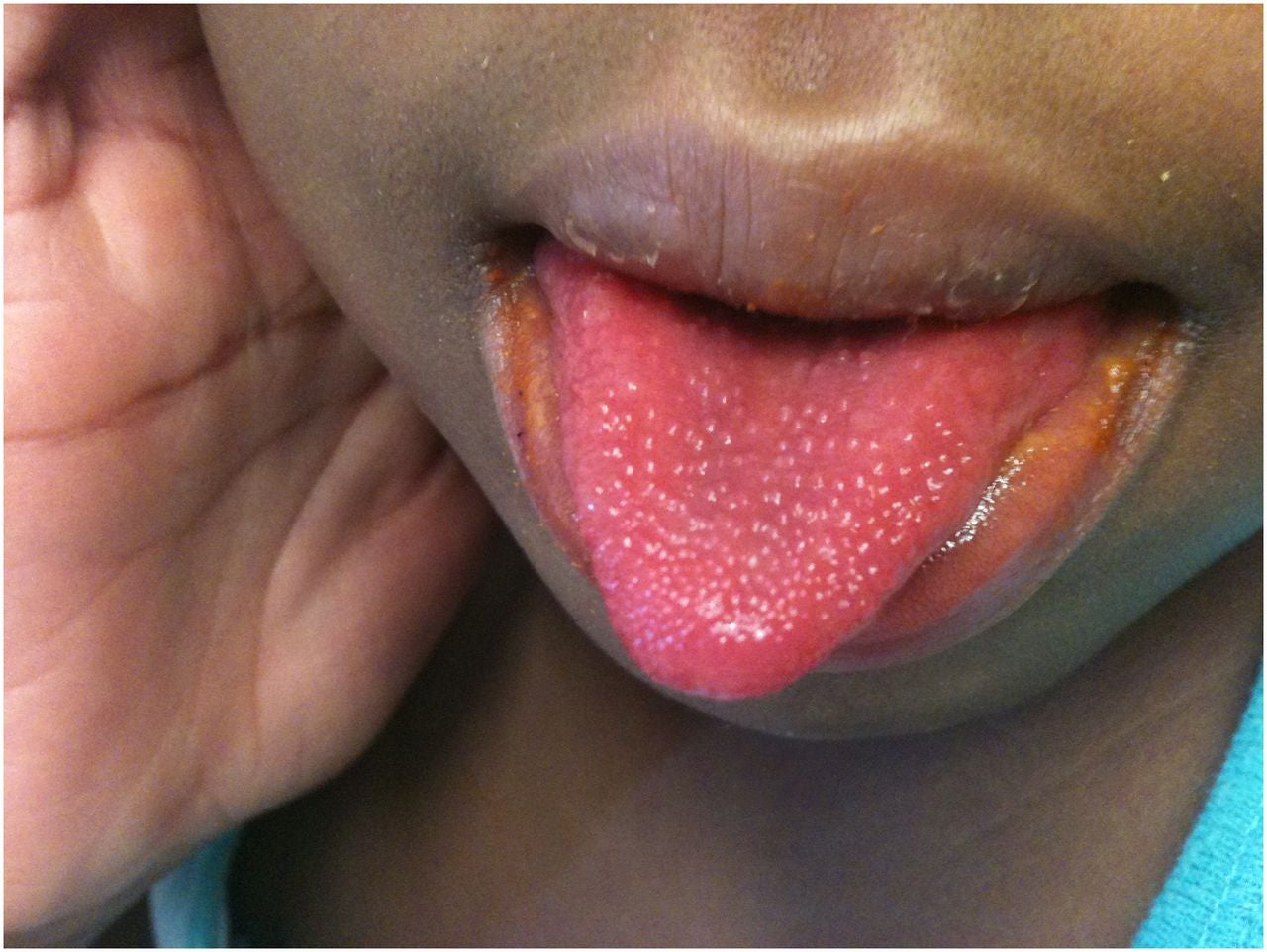
A clinical lecturer in paediatric infectious disease and immunology at Imperial College London, Dr Liz Whittaker, said the fact that the syndrome was occurring in the middle of a pandemic, suggests the two are linked.
“You’ve got the Covid-19 peak, and then three or four weeks later we’re seeing a peak in this new phenomenon which makes us think that it’s a post-infectious phenomenon,” she said, implying that it is likely to be something related to the build up of antibodies after infection.
Also read: Dr Noor: Children Under 12 Vulnerable To Covid-19 With 317 Positive Cases Detected

